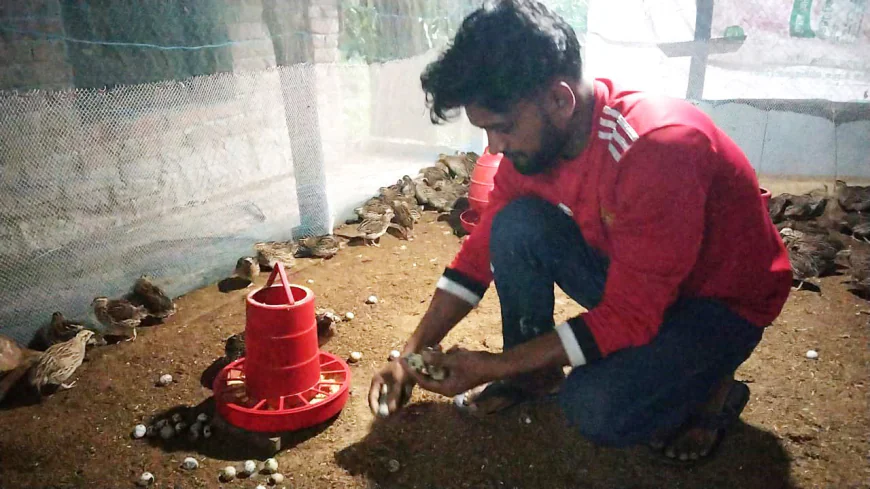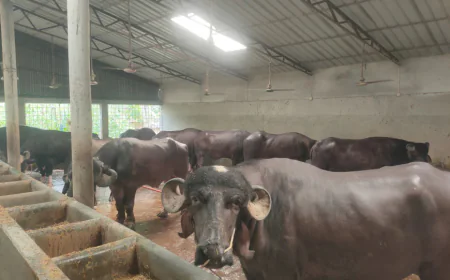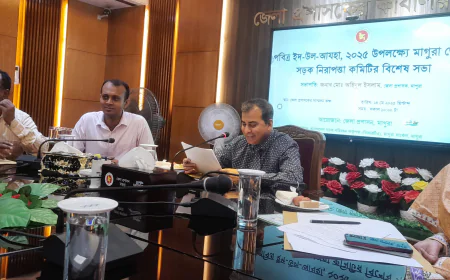Youth successful in koel bird farming in Lalmohan

A young man named Md Saiful Islam Farid, 30, son of Md Maksud Ullah of Pangasia area in Ward No. 5 of Paschim Char Umed Union in Lalmohan Upazila of the district has become successful in koel bird farming.
Three months ago, he started a farm on the roof of his house with 1,500 koels as a hobby. His dream was to make a profit by selling eggs. But out of the 1,500 birds, most of them were male birds. Only 500 were egg-laying birds. He sold each of 1,000 male koels at Tk 50. Currently his farm has the remaining 500 egg-laying koels. He has been collecting 400 to 450 eggs from this farm every day for the past two months. He sells each egg at Tk 3 in retail and Tk 2.5 in wholesale. With this, he sells eggs worth Tk 50,000 every month. His monthly income, excluding expenses, is at least Tk 18,000 to Tk 20,000.
Saiful Islam Farid said, “My total expenditure on this farm is Tk 60,000. Currently, since the number of birds on the farm is low, I can only retail the eggs that are laid every day. In addition, I am selling per piece seed egg at Tk 4 and chick at Tk 8. I feed these koels with granular food called Layer-1. My monthly expenditure on the farm for this food, electricity bill and medicine is about Tk 30,000. Even from the small number of birds on the farm, I earn about Tk 18,000 to Tk 20,000 per month. However, I have thought of increasing the number of koels to about 5,000 before the coming of next winter. I hope I can make better profits then.”
He also said, “Every day between 7 pm and 8 pm, the koel bird lays eggs. I bring all the eggs from the farm by 8 pm. In addition, I have purchased a machine to produce koel chicks. If anyone wants to start a koel farm and if anyone needs eggs or chicks, then contact me.”
Lalmohan Upazila Livestock Extension Officer Dr Md Rais Uddin said, “Koel meat and eggs are rich in protein, vitamins and minerals, which are beneficial for the body. We provide necessary advice from our office to new entrepreneurs in animal and poultry farming. In addition, our officials regularly monitor the farms of these entrepreneurs. If their animals and poultries need any kind of medicine or treatment, it is also provided by the Upazila Livestock Office and the Veterinary Hospital.”
















































